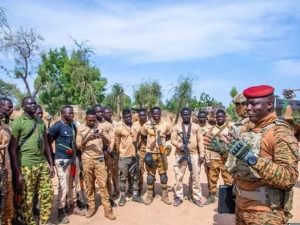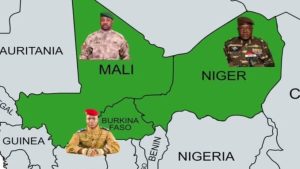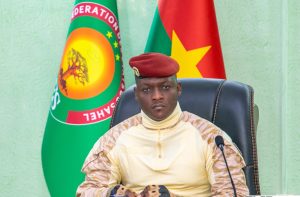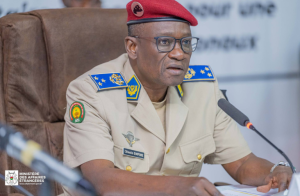Burkina Faso reaches decisive economic turning point in Q2 2025
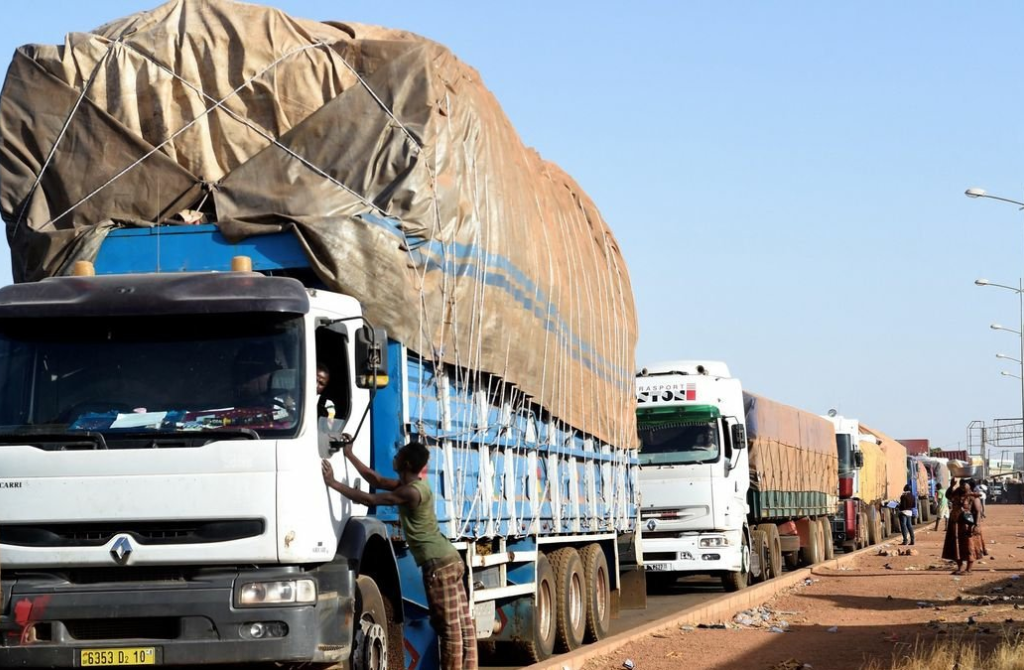
Burkina Faso reached a decisive economic milestone in the second quarter of 2025. Recent data released by the General Directorate of Customs reveals a marked improvement in the national trade balance, reflecting a significant increase in exports of over 749.2 billion FCFA and a controlled rise in imports.
The coverage rate of imports by exports now stands at 139.7%, compared to 86.5% in the same period in 2024.
This turning point is not a matter of chance but the result of a clear political direction, championed by the President of Burkina Faso, Captain Ibrahim Traoré, in favour of economic sovereignty and endogenous development.
Under his leadership, the Burkinabe state has resolutely committed to making foreign trade a strategic lever for structural transformation.
The dynamism of exports dominated by gold but also strengthened by exceptional performances in agricultural sectors (cashew nuts, mango, shea) illustrates the fruits of a policy supporting high value-added sectors.
Simultaneously, the diversification of trading partners, led by the United Arab Emirates and China, reflects a proactive economic diplomacy freed from the logic of unilateral dependency.
The state has focused on productive investments, the valorization of national resources, the promotion of “Made in Burkina,” and light industrialization as pillars of a strategy for inclusive and equitable growth.
The recovery of the trade balance is fully in line with the political doctrine championed by President Ibrahim Traoré: that of building a sovereign, resilient, and Pan-African economy.
Burkina Faso is now choosing to sell more than it buys, to produce what it consumes, and to process locally what it exports. This orientation is not merely economic; it is political, symbolic, and strategic.
This refoundation of the nation is occurring in a spirit of breaking with neocolonial models and aligning with a Pan-African vision of solidarity and co-development. The recorded trade performances are just the beginning of a Burkinabe model of development where economic autonomy becomes a foundation for political sovereignty.
The transformation underway under the leadership of Captain Ibrahim Traoré calls for a collective mobilization. These economic results should strengthen national confidence, stimulate youth engagement, and galvanize productive forces toward a common horizon: that of a free, standing, and prosperous Burkina Faso.
Beyond the numbers, a historic trajectory is taking shape—one that establishes the Burkinabe people as the masters of their own economic, political, and cultural destiny.
Olivier TOE



